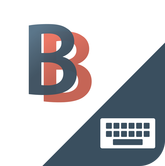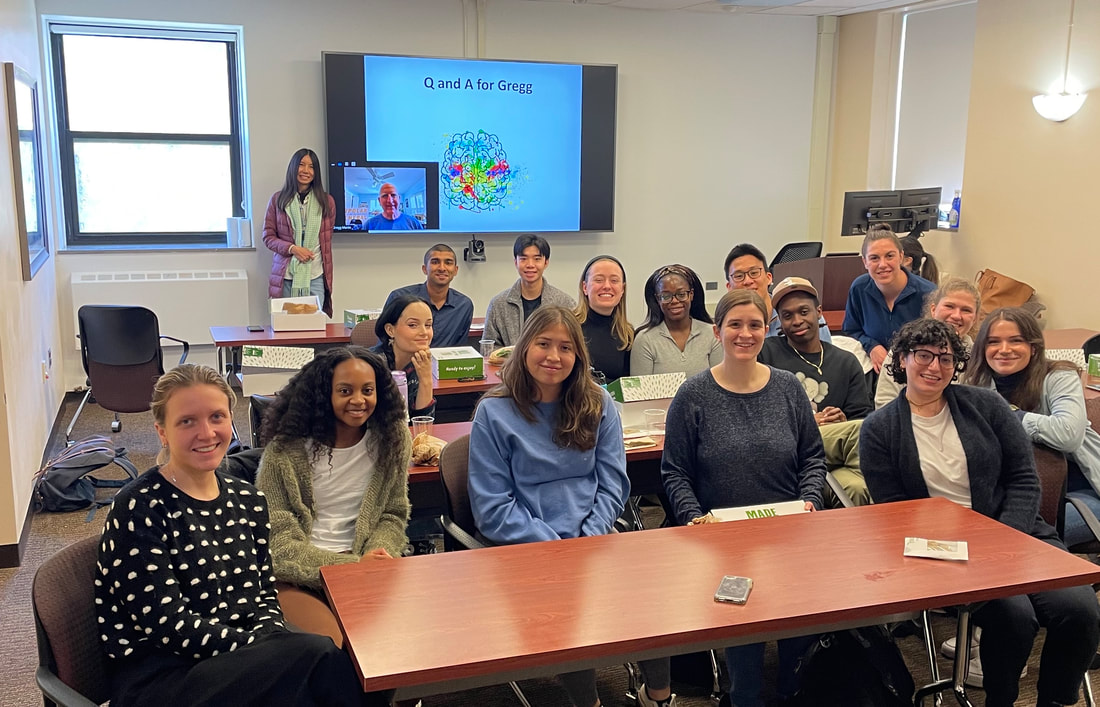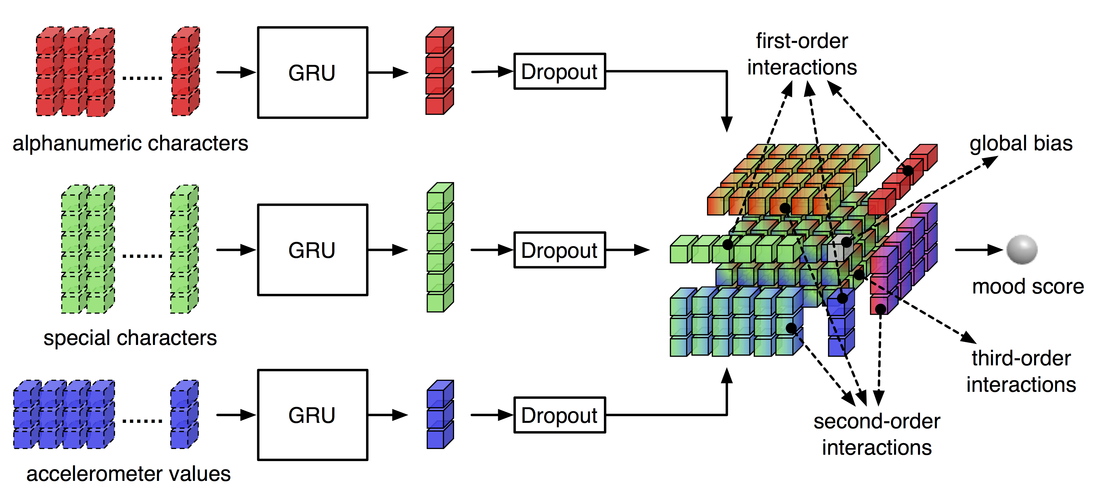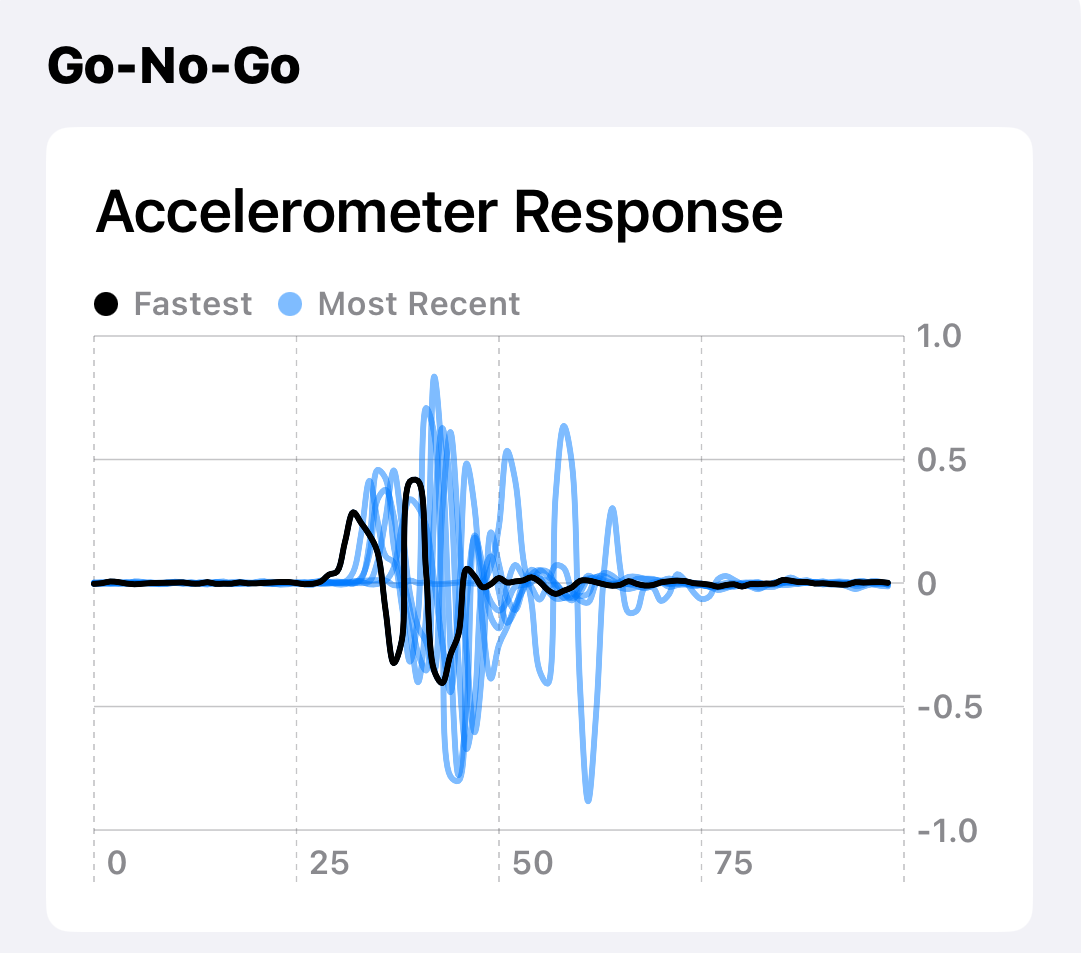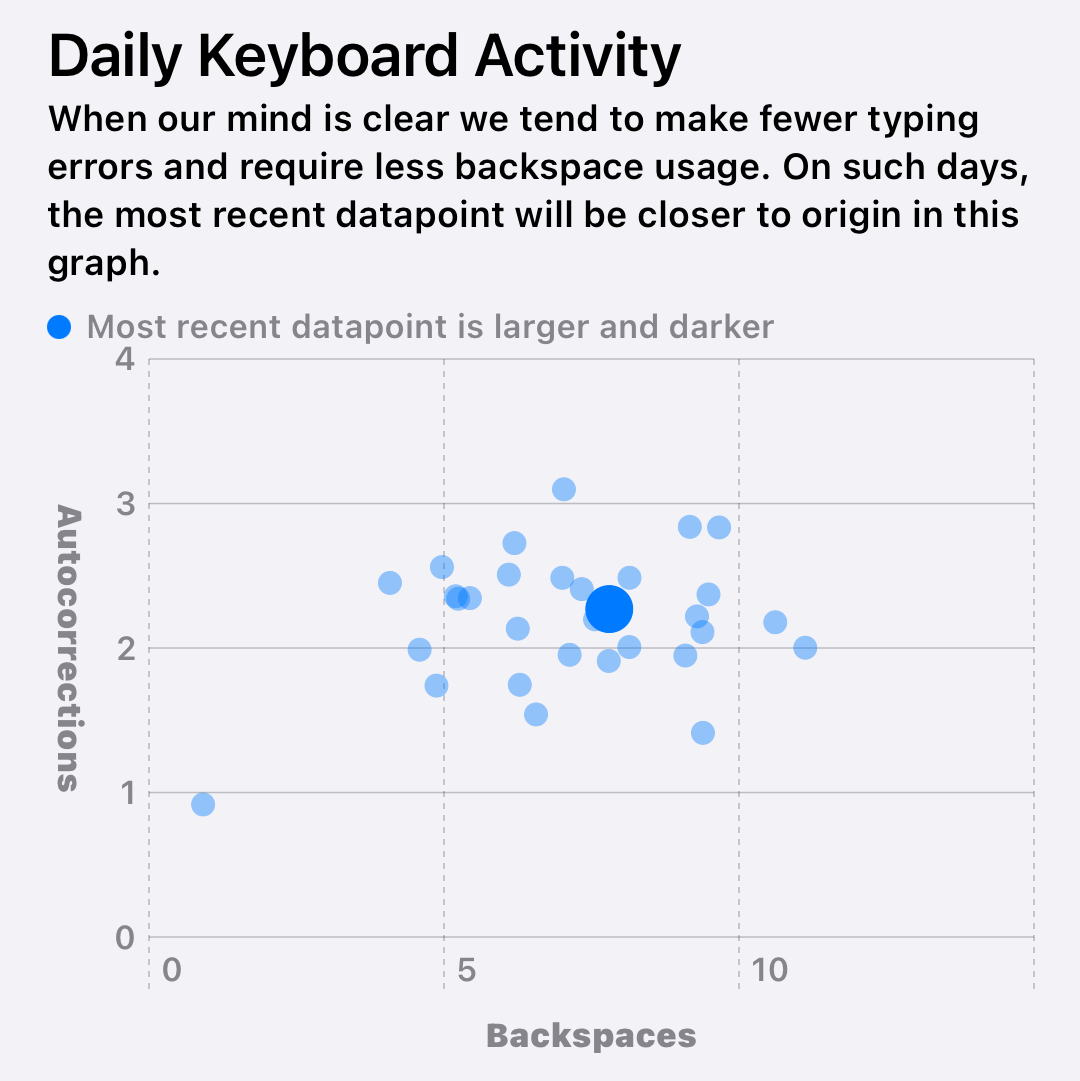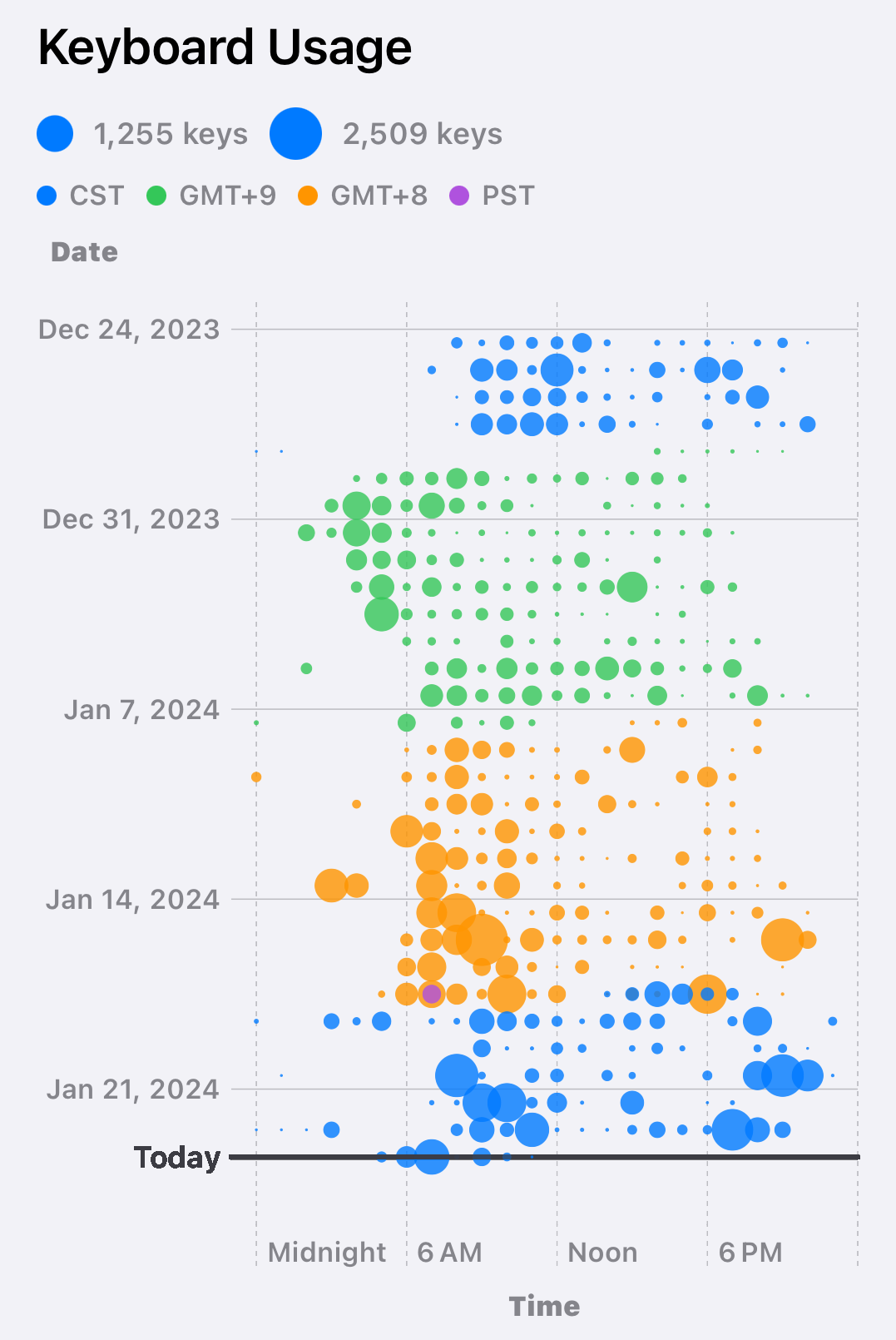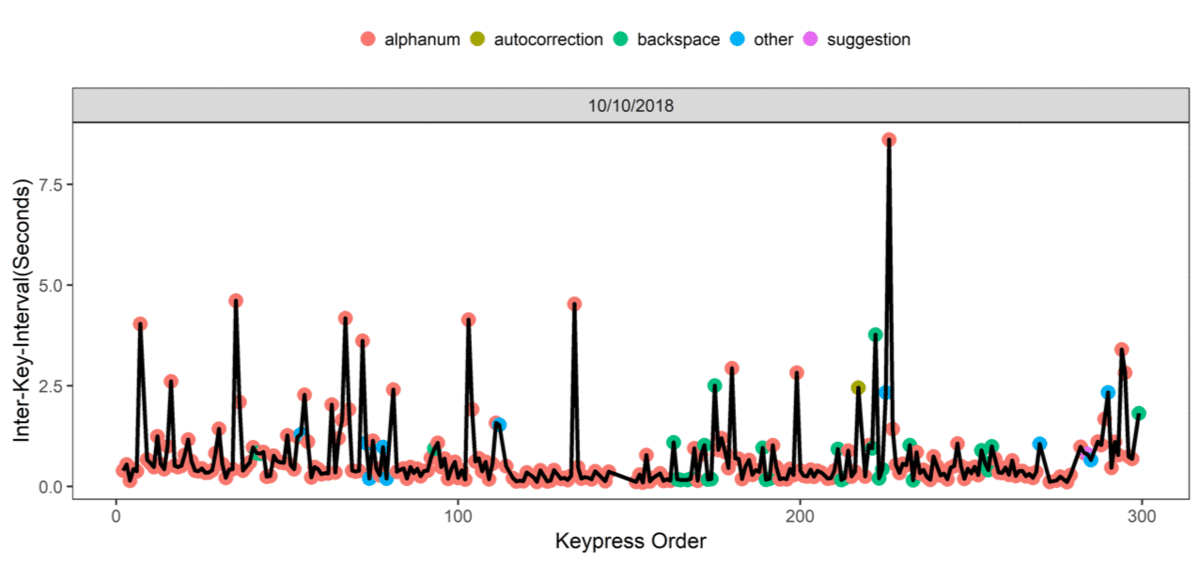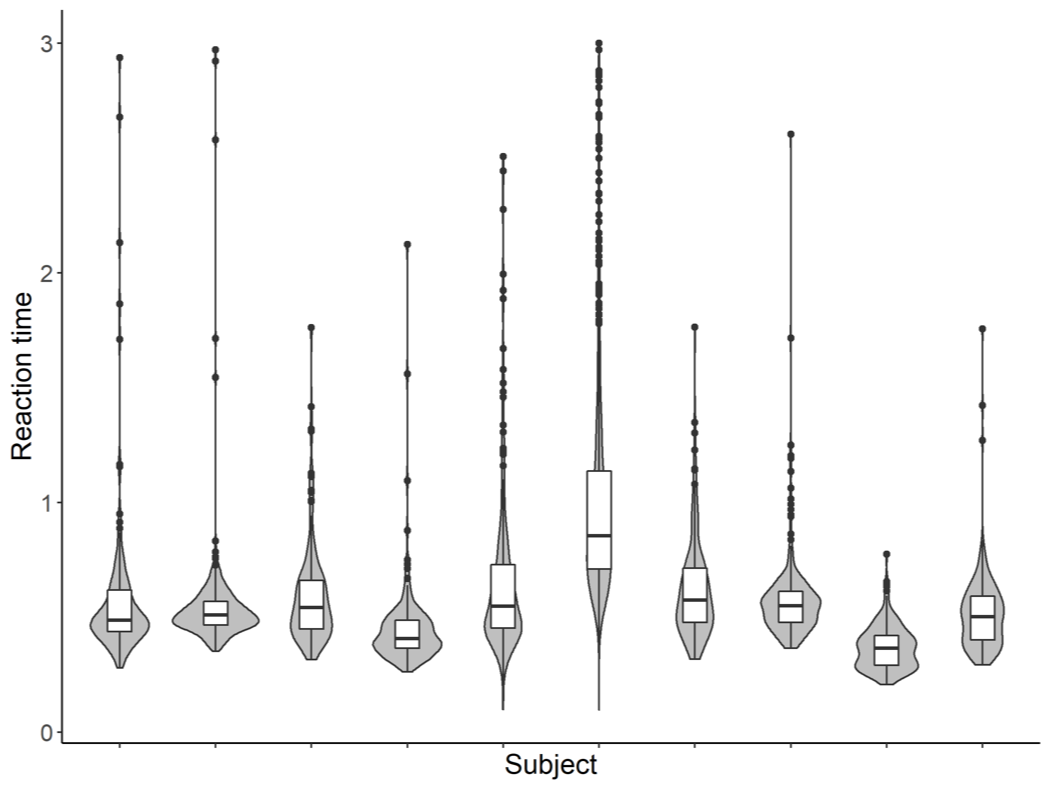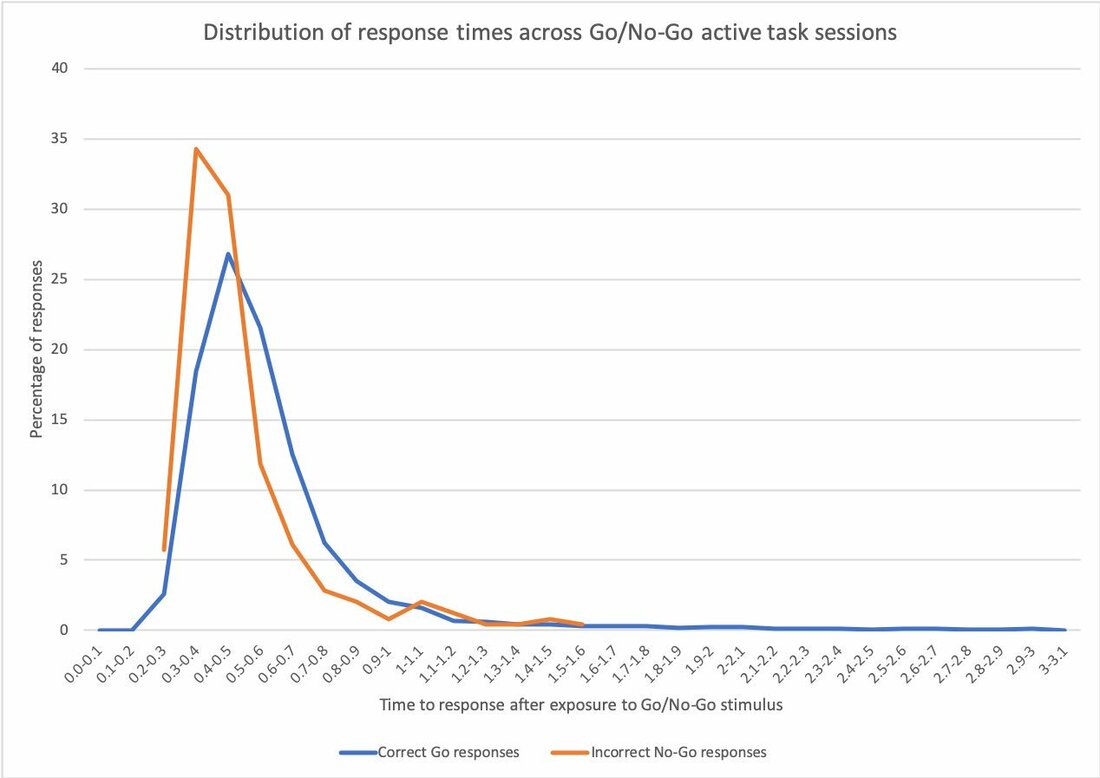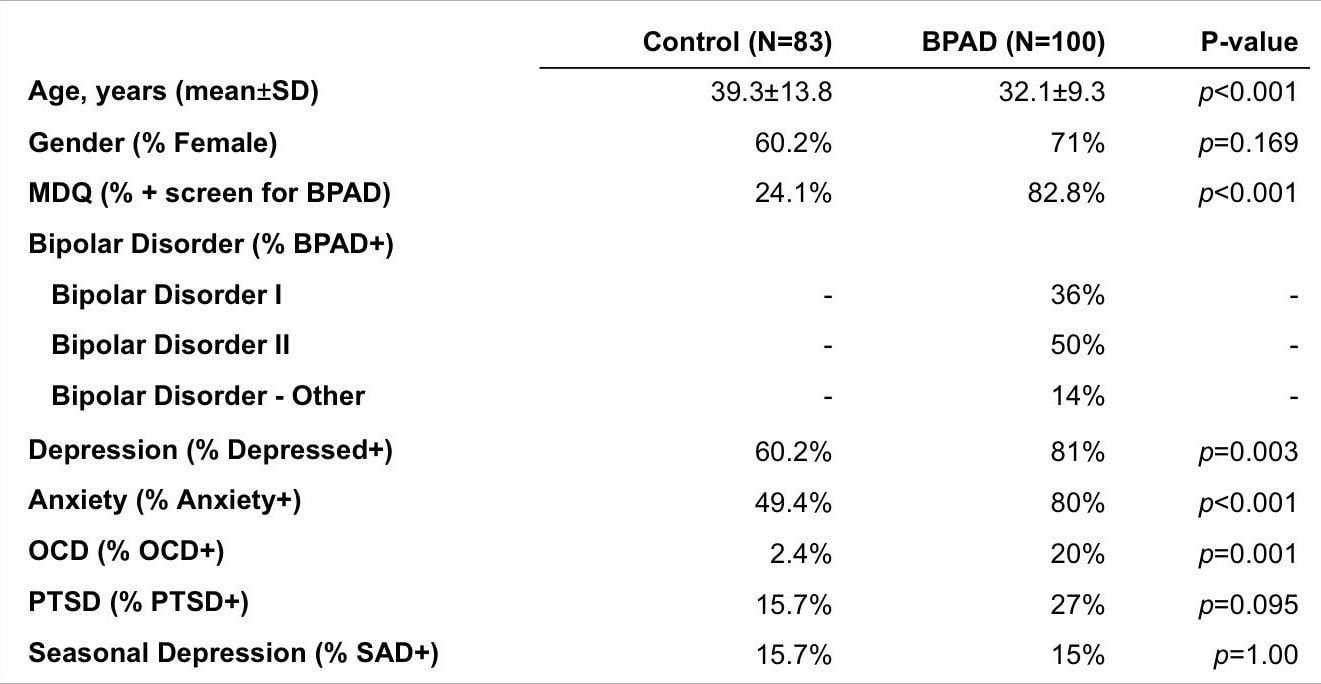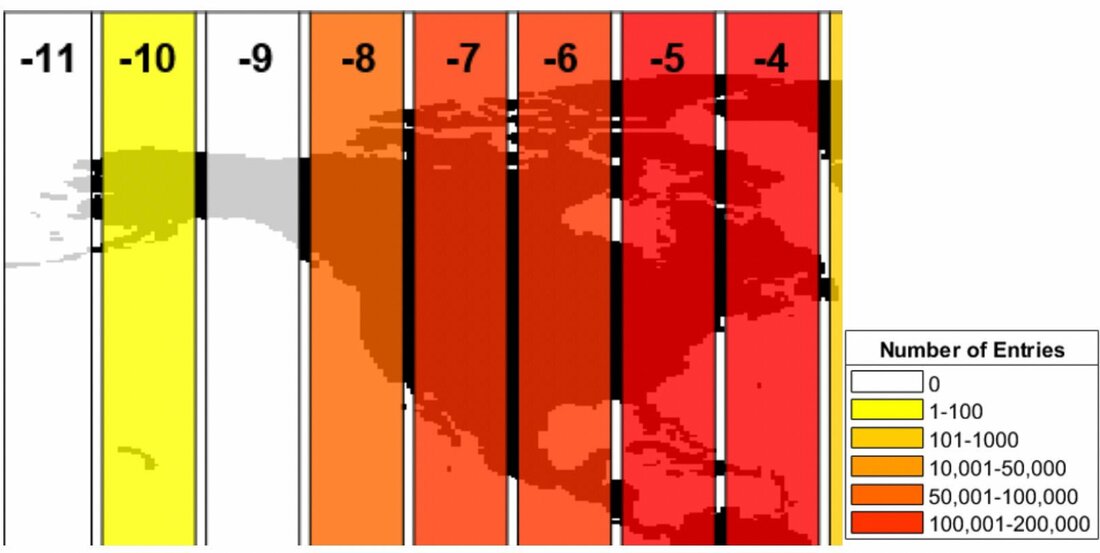BiAffect
Menu
Please specify "BiAffect" in the direct donation field at the bottom of the form.
BiAffect
The first study on mood and cognition using mobile typing kinematics
Winner of the Mood Challenge for ResearchKit
BiAffect is generously supported by NIH via Unobtrusive Monitoring of Affective Symptoms and Cognition using Keyboard Dynamics (UnMASCK; 1R01MH120168), and is currently deployed and tested in:
1) R01 MH118741: An examination of psychomotor disturbance in current and remitted MDD,
2) 1R21 MH121852-01: Passive, mobile assessment of sleep, circadian timing, and novel keyboard dynamics to predict depression severity, cognition, and neurobehavioral markers of emotion processing and regulation, and
3) 1R01 MH120843: Cyclical neuroactive steroid changes and female suicide risk: an experimental approach
Winner of the Mood Challenge for ResearchKit
BiAffect is generously supported by NIH via Unobtrusive Monitoring of Affective Symptoms and Cognition using Keyboard Dynamics (UnMASCK; 1R01MH120168), and is currently deployed and tested in:
1) R01 MH118741: An examination of psychomotor disturbance in current and remitted MDD,
2) 1R21 MH121852-01: Passive, mobile assessment of sleep, circadian timing, and novel keyboard dynamics to predict depression severity, cognition, and neurobehavioral markers of emotion processing and regulation, and
3) 1R01 MH120843: Cyclical neuroactive steroid changes and female suicide risk: an experimental approach
Latest News
BiAffect's Dr. Alex Leow interviewed on WCIU's On the Block
Maj. Gen. Gregg Martin joins BiAffect team as advisor
BiAffect welcomes retired US Army Major General Gregg Martin, who will be joining the team as an advisor. A bipolar expert by lived experience, General Martin will be lending his tremendous insight to help guide BiAffect research team as we translate our research findings. His amazing journey is detailed in his recently published book, Bipolar General, available now. Listen to General Martin in conversation with Dr. Leow here.
Studying Bipolar DisorderCurrently, diagnosis and treatment of bipolar disorder rely on careful history taking and mental status examination by an experienced clinician, at times aided by self-report or family-informed questionnaires. These reports, as well as in-person assessments, have to be interpreted by providers in order to extract patterns that could indicate an imminent change in mood. When individuals experience changes in mood, they also may struggle with navigating daily activities—especially ones with high cognitive demand.
With the expanding coverage of wireless Internet access and rapid advancement of mobile smartphone technologies, people are increasingly interacting via typed (rather than oral) communications. BiAffect’s innovative approach aims at understanding and examining the ubiquitous ‘virtual mental-health footprints’ or ‘signatures’ of abnormalities in people suffering from mood disorders, notably abnormalities in cognitive skills. |
Using ResearchKitResearchKit allows access to iPhone’s proximity sensor, ambient light sensor, camera, accelerometer, gyroscope, compass, barometer, NFC, Touch ID, and pressure sensitive display, which we can use to collect context-sensitive metadata as individuals use the BiAffect keyboard. We will also employ ResearchKit modules like surveys and active tasks to supplement this metadata. |
Participants and Insights
Our target audience is anyone with or without a diagnosis of bipolar disorder who is an English-speaking US resident aged 18 or older and interested in a) contributing to research, b) learning about how their mood interacts with cognition, and c) understanding how keyboard usage patterns and dynamics can be related to neuropsychological or cognitive functioning.
Example time-series of keypress dynamics
Go-No-Go reaction time varies between and within individuals
BiAffect users come in all shapes and sizes
Pilot findings support that keyboard dynamics can identify persons with bipolar disorder and unobtrusively predict depression severityFrom 2015 to 2017, a pilot study with 31 participants was completed that validated the hypothesis that keystroke dynamics such as typing speed, frequency of texting and use patterns in social media apps are altered during depressive and manic episodes in people with bipolar disorder. The full scale BiAffect study launched on iOS during HealthSpark at SXSW '18.
|
|
Alex Leow, MD, PhD is Professor of Psychiatry and Bioengineering at the University of Illinois College of Medicine and an Attending Physician at the University of Illinois Hospital. Dr. Leow’s unique multi-disciplinary skill set combines a medical degree with residency training and board certification in adult psychiatry and a PhD degree in applied mathematics. In addition to being the Principal Investigator for BiAffect, Dr. Leow is also a renowned computational neuroimaging researcher who has published hundreds of scientific articles that collectively have been cited thousands of times.
Team
Students
Advisors
Partners
Donate
Please specify "BiAffect" in the direct donation field at the bottom of the form.
